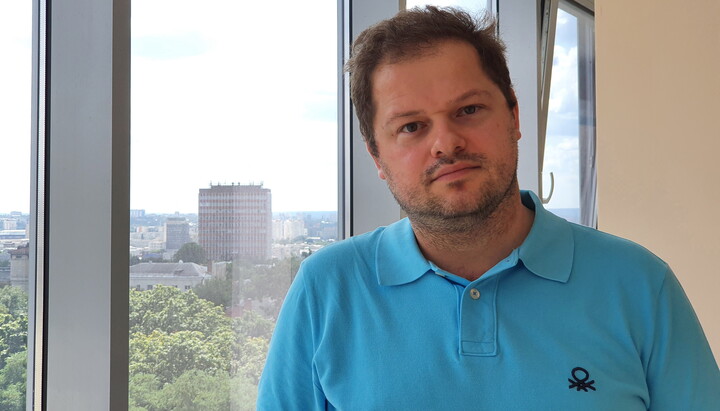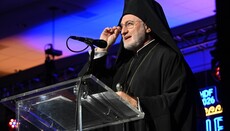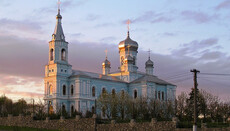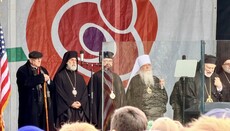DESS Expert: UOC ban contradicts international law

The state authorities are trying to ban the UOC based on canonical rather than administrative ties, explains Dmytro Vovk.
Restricting religious communities based on canonical affiliation does not comply with international law. This was stated in in an interview with Viche by Dmytro Vovk, a leading lawyer in the field of religious law, candidate of legal sciences, director of the Center for the Study of the Rule of Law and Religion, and a member of the expert council of the State Service for Ethnopolitics and Freedom of Conscience (DESS).
"The state must prove that the UOC is under administrative subordination, meaning it receives certain directives from the ROC and implements these directives," said the DESS expert.
In his opinion, if the state can only prove a canonical connection, then from the perspective of international law, there are no grounds for banning such an organization.
Vovk also emphasized that international laws prescribe that the state has the right to intervene in the activities of religious organizations for reasons of national security only in situations involving unlawful behavior.
"There must be either the involvement of the entire organization or its leadership in unlawful activities (these can be various aspects - from crimes against national security to inciting religious hatred)," said the religious scholar.
A member of the DESS expert council explained that international law insists that banning a religious organization is a last resort.
"The state must first attempt less burdensome measures, because revoking registration and banning a religious organization is an extremely problematic action for the believers themselves, not just for the leadership of a particular religious organization," he concluded.
As reported by the UOJ, political analyst Andriy Zolotarev stated that Ukraine could face sanctions from the USA due to religious persecution of the Ukrainian Orthodox Church.











